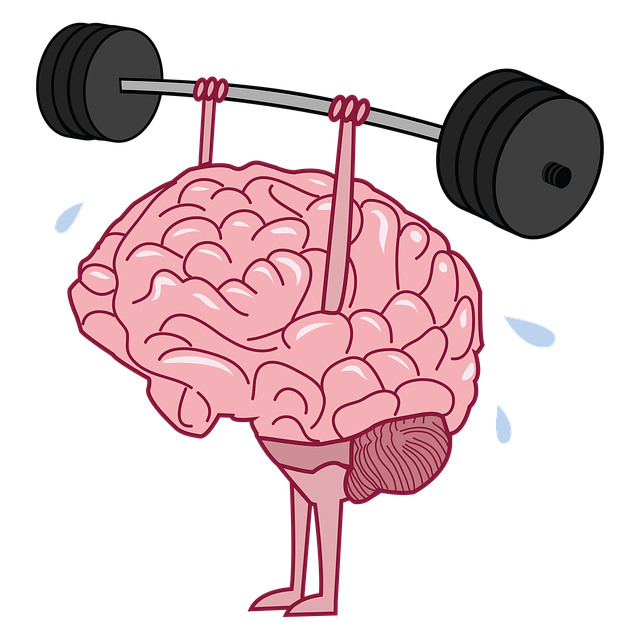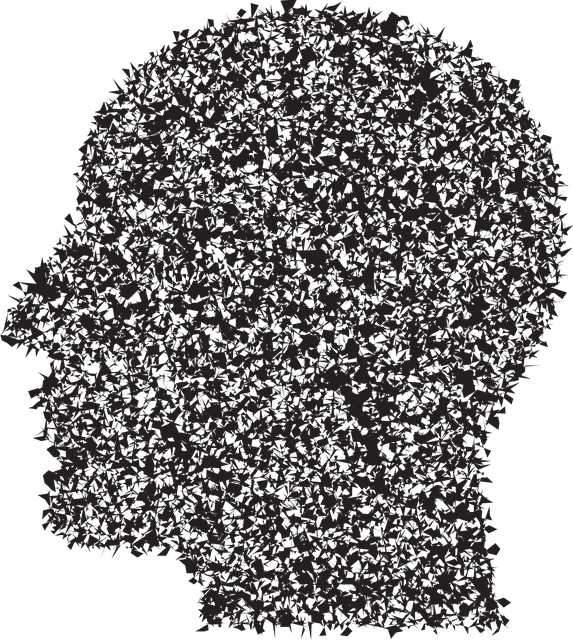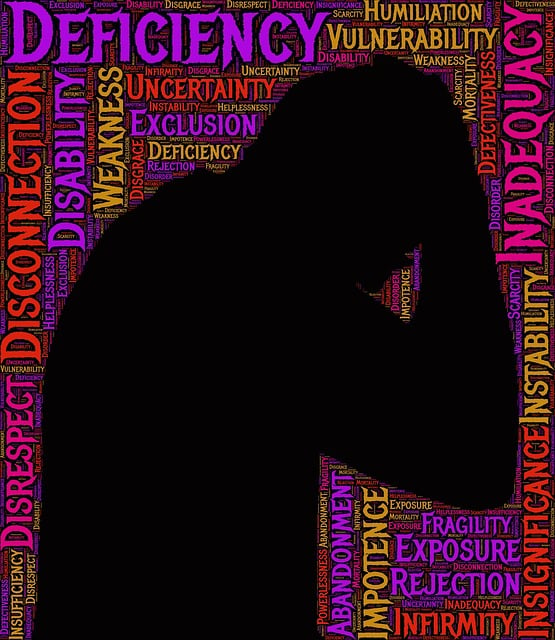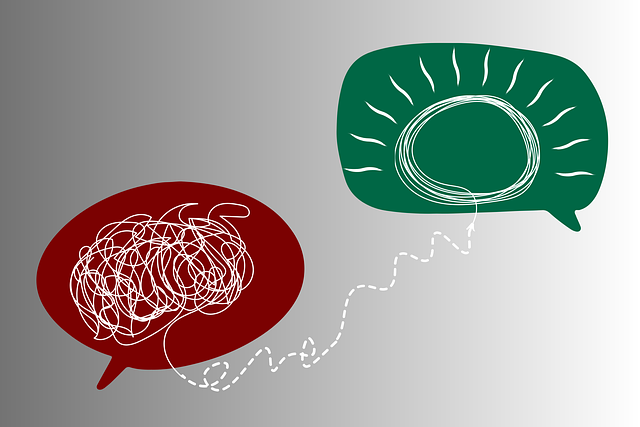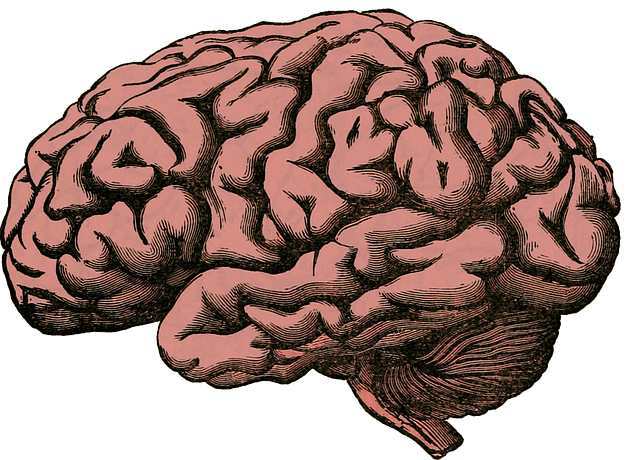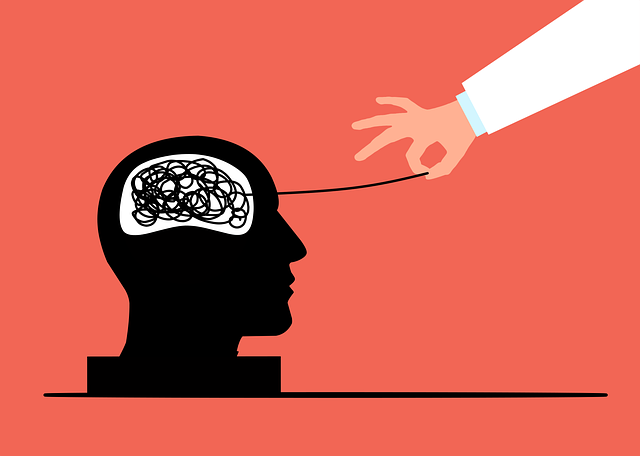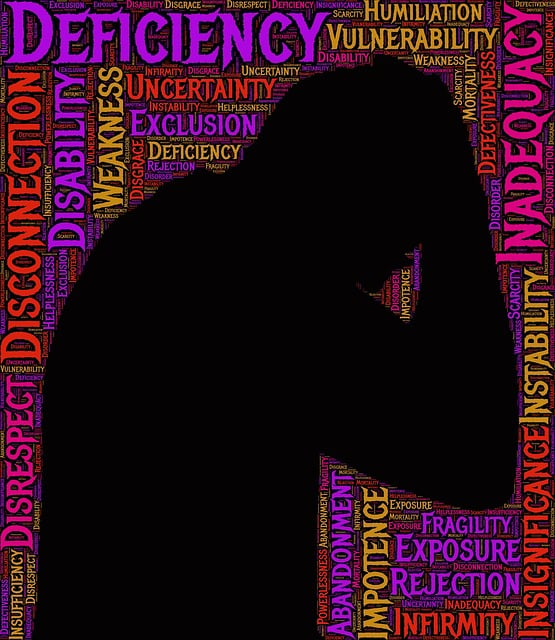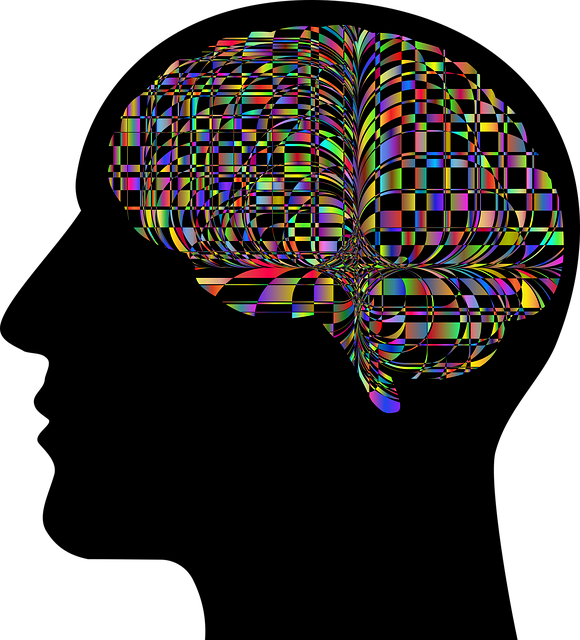Northglenn Trauma Therapy emphasizes the link between social skills and mental health, offering specialized programs for individuals with conditions that impact their ability to connect and communicate. Through evidence-based practices like mindfulness and role-playing, clients develop tools to improve relationships, overcome isolation caused by stigma, and build confidence in social situations, ultimately enhancing their overall well-being. The therapy prioritizes holistic skill development, creating supportive communities that reinforce learning and promote successful navigation of life's challenges.
Social skills training is a powerful tool for managing mental health conditions. This comprehensive guide explores the intricate link between social interactions and psychological well-being, highlighting the significance of Northglenn Trauma Therapy in cultivating essential social competencies. We delve into common challenges faced by individuals with mental health disorders and offer practical strategies to enhance social skills through evidence-based practices. Discover how these techniques can transform lives, fostering meaningful connections and improving overall mental health outcomes.
- Understanding the Link Between Social Skills and Mental Health
- The Role of Northglenn Trauma Therapy in Training Social Competencies
- Common Challenges Faced by Individuals with Mental Health Conditions
- Strategies for Effective Social Skills Development and Practice
Understanding the Link Between Social Skills and Mental Health

In navigating the intricate relationship between social skills and mental health, it’s crucial to recognize that effective communication and interpersonal interactions significantly impact an individual’s overall well-being. Northglenn Trauma Therapy emphasizes this connection, understanding that many mental health conditions can stem from or be exacerbated by difficulties in social functioning. The absence of robust social skills can lead to feelings of isolation, loneliness, and reduced support networks, all of which are risk factors for various psychological disorders.
Emotional healing processes often involve not just addressing the symptoms but also enhancing one’s ability to connect with others. This is where targeted training becomes essential. Mental health professionals play a vital role in teaching and reinforcing social skills, especially during risk assessment, to foster healthier relationships and improve coping mechanisms. Community outreach program implementation can further extend these benefits, creating supportive environments where individuals learn, practice, and ultimately thrive in their social interactions.
The Role of Northglenn Trauma Therapy in Training Social Competencies

Northglenn Trauma Therapy plays a pivotal role in fostering social skills development for individuals navigating mental health conditions. Recognizing the profound impact of social interactions on overall well-being, this therapy center offers specialized programs designed to enhance social competencies and mitigate the effects of mental illness stigma reduction efforts. Through innovative approaches, clients gain tools to improve communication, build healthy relationships, and navigate social environments with increased confidence.
The therapists at Northglenn Trauma Therapy integrate various techniques, including mindfulness meditation and emotional regulation strategies, into their training modules. These evidence-based practices empower individuals to manage stress, regulate emotions, and respond mindfully in social situations, fostering a sense of belonging and connection. By addressing the unique challenges associated with mental health struggles, Northglenn Trauma Therapy enables clients to develop robust social skills, enhancing their overall quality of life.
Common Challenges Faced by Individuals with Mental Health Conditions

Many individuals with mental health conditions often encounter significant challenges in their daily lives. These struggles can be exacerbated by the mental illness stigma that persists in society, leading to feelings of isolation and shame. The impact of such stigma is profound, especially for those seeking support through Northglenn Trauma Therapy or similar services. Overcoming this barrier is crucial for effective treatment and recovery.
Moreover, social interactions can be particularly daunting. Anxiety disorders, depression, and other mental health issues may make it hard to initiate conversations, maintain eye contact, or interpret social cues accurately. These challenges often result in avoidance of social situations, further isolating the individual and hindering their ability to form meaningful connections. Mental wellness podcast series production focused on reducing stigma and promoting positive thinking can offer valuable support, education, and community for those navigating these difficulties.
Strategies for Effective Social Skills Development and Practice

Developing social skills is a crucial aspect of recovery and well-being, especially for individuals navigating mental health conditions. At Northglenn Trauma Therapy, we emphasize practical strategies to foster meaningful connections and enhance overall mental wellness. One effective approach involves structured practice sessions where clients engage in role-playing scenarios, enabling them to simulate real-life social interactions. This hands-on method allows individuals to receive immediate feedback, learn from their experiences, and gradually build confidence in social settings.
Additionally, our therapy programs incorporate resilience-building techniques, which are essential for managing stress and adversity. By teaching clients effective coping mechanisms and problem-solving strategies, they gain the tools to navigate challenging situations and strengthen their support systems. These skills are further reinforced through interactive workshops and group discussions, fostering a sense of community and shared understanding among participants. This holistic approach, combined with tailored risk management planning for mental health professionals, ensures a supportive environment where individuals can thrive and develop robust social skills.
Social skills training, as facilitated by programs like Northglenn Trauma Therapy, plays a pivotal role in improving mental health outcomes. By addressing common challenges faced by individuals with mental health conditions and employing effective strategies for social skills development, we can empower people to navigate social situations more confidently. This, in turn, enhances their overall well-being and fosters healthier relationships.
